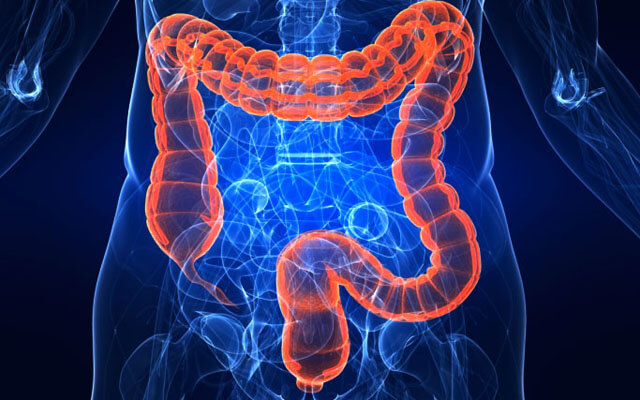Colorectal Cancer Screening
According to the American Cancer Society, there is “95,520 new cases of colon cancer,” estimated for 2017. It is the third most common cancer excluding skin cancer in the United States. The disease affects both men and women. The discovery of and spread of the colorectal cancer can be prevented through regular cancer screenings.
What is Colorectal Cancer?
Colorectal cancer is also known as colon cancer. It starts in the colon or rectum and are often grouped with rectal cancer because of similar features. Symptoms include abdominal pain as well as a change in bowel movements. A polyp may develop in the colon or rectum’s inner lining and turn into cancer which is why it’s important to have it monitored.
Who Gets Colorectal Cancer?
People over the age of 50 are at greater risk for this form of cancer. Men and women who have Inflammatory Bowel Disease (IBD), Crohn’s Disease or other similar bowel-related diseases as well as smokers, drinkers, and consumers of red meat have a greater chance of developing and being diagnosed with colorectal cancer.
Statistically, men have a greater chance of developing the disease. The American Cancer Society reports that “Overall, the lifetime risk of developing colorectal cancer is: about 1 in 21 (4.7%) for men and 1 in 23 (4.4%) for women.” There isn’t a large margin of difference between the two sexes which means that everyone should be screened for the disease.
What Does a Screening for Colorectal Cancer Entail?
Screenings for colorectal cancer has helped the death rate decrease for several decades. Men and women with polyps are having them removed before they turn to cancer. The survival rate connected with colorectal cancer in the United States has improved, too, with over 1 million people surviving the deadly disease.
A colonoscopy is the most common screening process for patients with colorectal cancer symptoms. The doctor will give you very clear instructions to follow to prepare for the procedure. You’ll be asked to drink clear liquids and to stop eating solid foods.
You may even be required to take a laxative or a special drink to consume that helps with the colonoscopy. You’ll also be given medication that helps you relax. This makes it easier for the doctor to insert the colonoscope through the rectum and into the colon.
He or she will then be able to monitor your body for ulcers and polyps. Any polyp that is present is removed and tested for cancer. Your doctor will then monitor you closely for future signs of colorectal cancer because of the discovery they made.
After the procedure is complete, you’ll remain at the facility where you can be watched. You’ll then need someone to drive you home as the medication you were given at the time of the colonoscopy makes you drowsy and impairs judgement. You’ll need to drink a good amount of water to replace what you lost during the preparatory process.
You’ll then wait to hear back from the surgeon who may have sent tissue in to the lab for further testing. You can have results back in as few as a couple days or weeks. It depends on what was discovered and how busy the lab is at the time they received the samples.
Take Charge of Your Health by Scheduling a Screening Today
There is nothing more empowering than taking an active interest in your own health. By knowing what risk factors exist, you have ways to prevent and fight colorectal cancer should you be diagnosed with it. Partnering up with a trusted medical professional is the quickest, easiest, and most reliable way to learn more about your health.
Schedule a Colorectal Cancer screening with Surgical Specialist of Long Island right away. It’s important that you take preventative steps by meeting with a physician who can monitor you for signs of this form of cancer.
Having a physician you feel comfortable speaking to helps you ask the right kinds of questions that help your health. If colon surgery is in your future, you’ll relax knowing that it is performed by a surgeon you trust. The process is minimally invasive, too, meaning that you’ll heal faster and be back to your day-to-day activities in no time.

